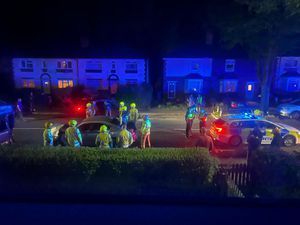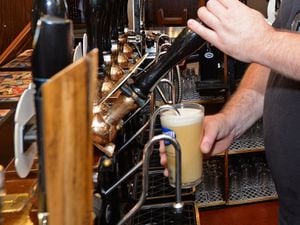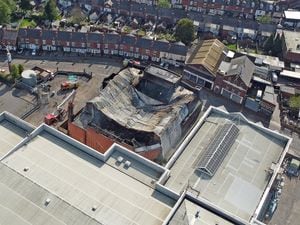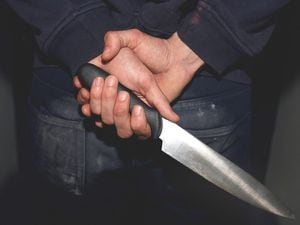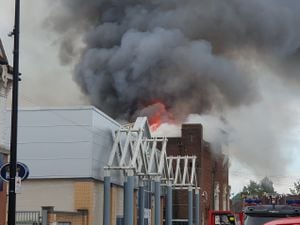The Black Country mutineer who escaped the firing squad
When Private Pritchard of the King's Shropshire Light Infantry returned to his home in the Black Country in 1920 it made a little news item – because he had been a dead man walking.
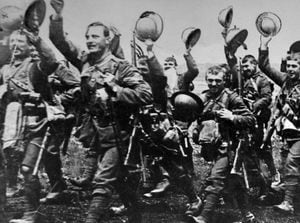
Pritchard had reportedly been sentenced to death for mutiny. And his tale is just part of a little-told story of the aftermath of the Great War when the weary heroes had had enough of the military life and wanted to return home.
Tensions festered and in a few cases exploded into mutinies and riots, some of which, despite the preference of military authorities to hush things up, reached the public domain.
The backdrop was one of industrial turmoil and unrest in Britain in 1919, and the ramifications of revolution in Russia.
At a military camp at Kinmel Park near Rhyl there was a riot among Canadian soldiers in March 1919, supposedly started with a cry of "Come on Bolsheviks".
According to a somewhat inaccurate initial report, 12 soldiers died including a Victoria Cross holder who was trampled to death. A large number of rioters, it was reported, started marching on nearby Abergele but were turned back by reinforcements from Chester.
The true number of dead was five. The rioters had been fuming about delays in the sailings to get them home to Canada.
But what of Private Pritchard of West Bromwich?
A brief item in the Shrewsbury Chronicle of July 2, 1920, said: "Private S P Pritchard, late of the Shropshire Light Infantry, who was sentenced to death by court martial in connection with a riot in a Calais camp in March 1919, has just returned to his home at Hill Top, West Bromwich.
"The sentence was first commuted to imprisonment for life, and subsequently to five years.
"Several MPs laid the case before Mr Churchill, Secretary for War.
"Pritchard made no statement on his return except that he was liberated on Saturday."
There had been a mutiny at a camp in Calais in January 1919 and another on March 11, at No 7 Military Prison, Vendroux Les Attaques, Calais, which seems to have been more of a riot by military prisoners with grievances.
It may well have been the latter in which Pritchard was involved as a 2009 thesis by Edward John Garstang into military crime and punishment looks at the incident and includes this passage: "Private Pritchard was reported as saying that it was time they were all released as the war was over.
"The Governor quoted Pritchard as saying 'that he would never again shoulder a rifle for the rotten British Government and he hoped for the day when he could shoulder one against it'."
However, Garstang's researches don't point to any of those mutineers being sentenced to death, so it is not confirmed that it is the same Pritchard.
As for the errant soldier's subsequent life in West Bromwich, hobby genealogist Mike Grainger of Newport has identified a possible candidate for "our" man in Samuel Phillip Pritchard, who was born in West Bromwich on December 27, 1883, the youngest of seven children.
Mike says: "He and his family lived at 184 Hill Top, West Bromwich. He served as a Private in the King's Shropshire Light infantry, service number 20936.
"His occupation was cabinet maker."
Another snippet is that in 1911 he was a John H Chance scholarship student, whatever that may have been, and in about September 1938 married a Laura Wardle. If this is the right Pritchard, he died at West Bromwich on October 13, 1945.

